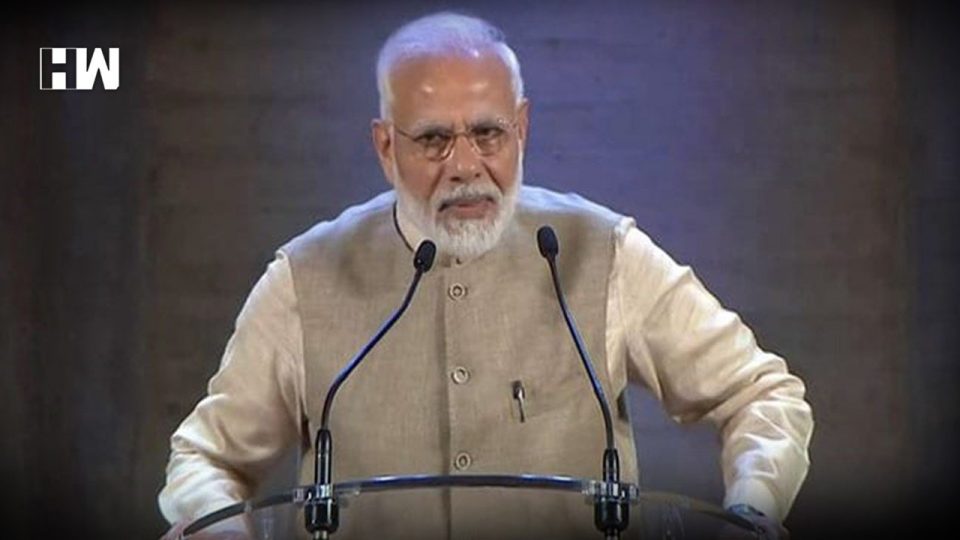PM Modi said “Today, when we look around we see during seven years of RCEP negotiations, many things, the global economic and trade scenarios, have changed
New Delhi: India decides not to join the Regional Comprehensive Economic Partnership (RCEP) agreement over India’s concerns not being addressed in the deal.
The current sources from the government in India have decided not to join RCEP and PM Narendra Modi has stood firm on the issue that India’s concerns were not addressed in the agreement. Sources also said the RCEP agreement with China and ASEAN countries does not reflect “its original intent” and the outcome is “not fair or balanced”.
PM Modi in his speech said India stands for greater regional integration as well as for freer trade and adherence to a rule-based international order. India has been pro-actively, constructively and meaningfully engaged in the RCEP negotiations since inception. India has worked for the cherished objective of striking balance, in the spirit of giving and take
PM Modi said “Today, when we look around we see during seven years of RCEP negotiations, many things, the global economic and trade scenarios, have changed. We cannot overlook these changes. The present form of the RCEP Agreement does not fully reflect the basic spirt and the agreed guiding principles of RCEP. It also does not address satisfactorily India’s outstanding issues and concerns In such a situation, it is not possible for India to join the RCEP Agreement,”.
On Monday another source said China was forcefully pushing for inking the deal during the RCEP summit which was seen as an attempt to counter-balance the impact of its lingering trade war with the US as well as to protect the region’s economic might to the West.
However, sources also said India has firmly stood its ground against signing up for the agreement.
The free-trade agreement includes 10 member countries of the Association of Southeast Asian Nations (ASEAN) and six of the bloc’s dialogue partners — China, Japan, South Korea, India, Australia, and New Zealand.
As an independent media platform, we do not take advertisements from governments and corporate houses. It is you, our readers, who have supported us on our journey to do honest and unbiased journalism. Please contribute, so that we can continue to do the same in future.

